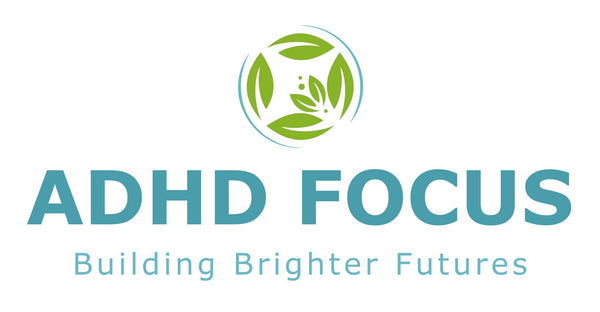
The Impact of Diet on ADHD Symptoms
Share
Attention Deficit Hyperactivity Disorder (ADHD) affects both children and adults, influencing focus, impulsivity, and behaviour. While the condition is often managed with medication and behavioural therapy, growing evidence highlights the role of diet in managing ADHD symptoms. In South Africa, where food choices often blend convenience with tradition, understanding the connection between food and ADHD can empower families to make informed dietary decisions.
How Diet Affects ADHD Symptoms
The relationship between diet and ADHD isn’t straightforward, but studies suggest that certain foods may exacerbate symptoms, while others provide support for brain health. A well-balanced diet for ADHD should aim to stabilise blood sugar, reduce inflammation, and promote optimal brain function.
Foods to Include in an ADHD Diet
-
Omega-3 Fatty Acids: Found in fatty fish like salmon, sardines, and mackerel, omega-3s support brain health and may reduce hyperactivity and impulsiveness. For a local twist, try snoek as a delicious source of omega-3.
-
Whole Grains: Whole grains such as brown rice, quinoa, and oats provide a steady release of energy, helping to manage blood sugar levels and improve concentration.
-
Protein-Rich Foods: Lean meats, eggs, beans, and lentils are vital for neurotransmitter production, which affects focus and mood regulation.
-
Fresh Fruits and Vegetables: Packed with vitamins, minerals, and antioxidants, fresh produce helps reduce oxidative stress, a factor linked to ADHD symptoms. Seasonal South African favourites like naartjies and butternut are excellent choices.
-
Magnesium and Zinc-Rich Foods: Magnesium and zinc, found in foods like spinach, pumpkin seeds, and cashews, are essential for brain function and have been linked to reduced hyperactivity.
Food Triggers for ADHD
While including beneficial foods is vital, avoiding potential triggers is equally important. Common food triggers for ADHD include:
-
Refined Sugars: Sugar spikes can lead to energy crashes and exacerbate hyperactivity. Swap sugary snacks for naturally sweet options like dried mango or fresh guavas.
-
Artificial Additives: Artificial colours, flavours, and preservatives, often found in processed snacks and fizzy drinks, may worsen symptoms. Check labels and choose natural, minimally processed alternatives.
-
Gluten and Dairy: Some individuals with ADHD may be sensitive to gluten or dairy. Consider eliminating these from the diet temporarily to see if symptoms improve.
-
Caffeine: Found in tea, coffee, and some energy drinks, caffeine can increase restlessness and reduce sleep quality in children and adults with ADHD.
Natural Remedies for ADHD
In addition to dietary changes, natural remedies can support focus, mood, and overall well-being. Consider these options:
-
BrightSpark Hyperactivity: This remedy is designed to help reduce hyperactivity and impulsiveness, promoting a calmer mood.
-
Focus & Calm Concentration: Formulated to support concentration and mental clarity, this is ideal for managing focus issues.
-
MindSoothe Jr. Herbal Mood Tonic: A herbal tonic that helps regulate mood and reduce anxiety, offering gentle support for children with ADHD.
Tips for Planning an ADHD-Friendly Diet
-
Meal Prep Matters: Planning meals ahead ensures a balanced diet while reducing reliance on processed or fast foods.
-
Focus on Hydration: Dehydration can worsen focus and mood. Encourage water as the primary beverage, and limit sugary drinks.
-
Trial and Error: Keep a food diary to track what works and what doesn’t. This can help identify specific triggers and beneficial foods for individuals.
- Involve the Family: Make dietary changes a household effort. This ensures consistency and creates a supportive environment for children with ADHD
Conclusion
The impact of diet on ADHD symptoms underscores the importance of mindful eating. While there’s no one-size-fits-all approach, an ADHD-friendly diet focusing on nutrient-dense, whole foods can play a key role in symptom management. By identifying food triggers for ADHD and incorporating brain-boosting nutrients, families in South Africa can support their loved one’s health and well-being naturally.
